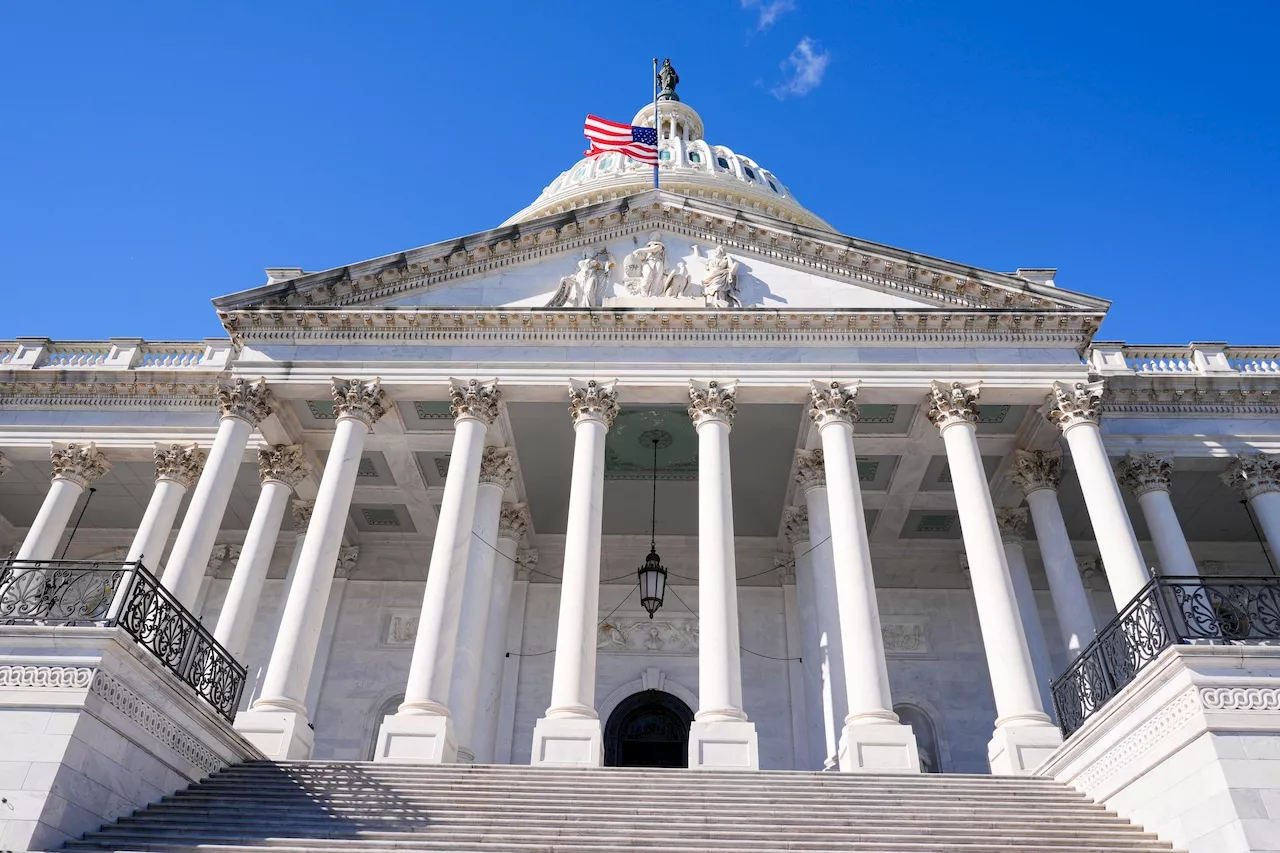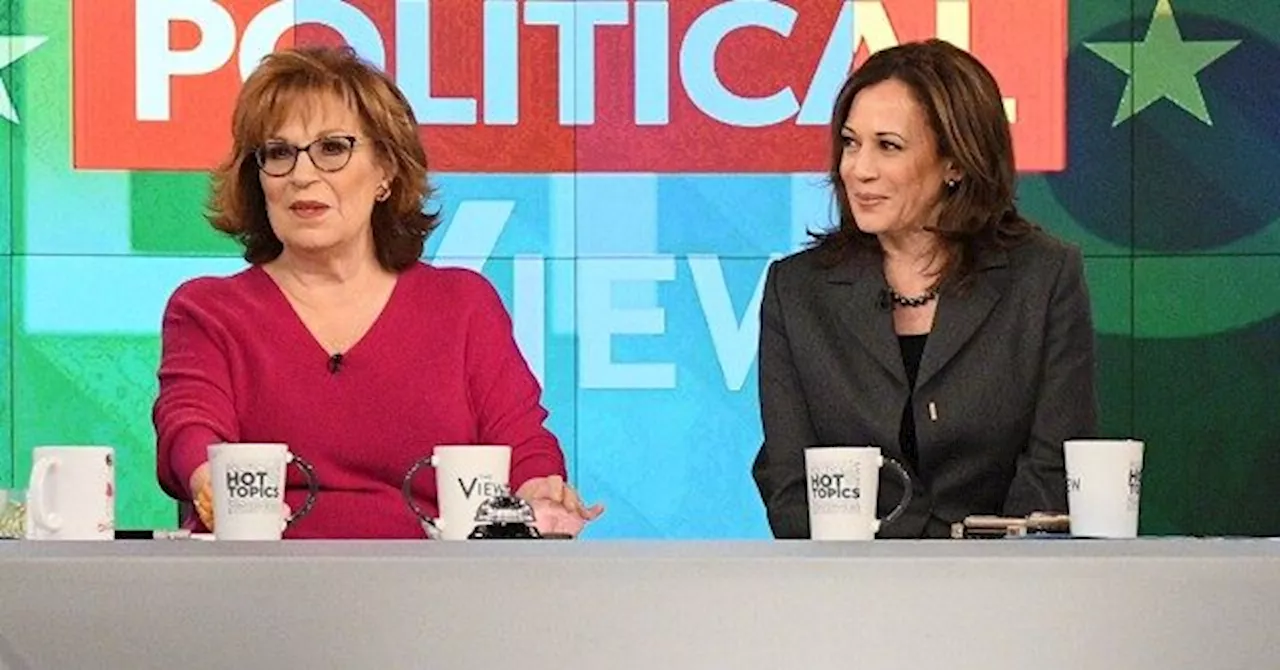UPDATE: The Senate has just voted to advance a crucial bipartisan bill aimed at ending the 37-day government shutdown, but uncertainty looms over the future of Affordable Care Act (ACA) subsidies. In a 60-40 vote earlier today, Senate leaders moved forward without a guaranteed extension of health care tax credits, igniting frustration among many Democrats.
This pivotal decision comes after a group of moderate Democrats, including Senators Jeanne Shaheen and Angus King, opted to proceed despite significant pushback. Their agreement allows for the continuation of government funding until late January 2026, but the lack of assured ACA subsidies has divided the Democratic caucus, raising alarms about the impact on millions of Americans reliant on these benefits.
The Senate’s action today represents the first step in a series of procedural maneuvers to finalize the legislation. However, final passage is still days away, contingent on potential objections from within the Democratic ranks. Senate Democratic leader Chuck Schumer opposed the plan, stating that the party has “sounded the alarm” on health care support.
The bipartisan deal includes provisions for annual spending bills, a reversal of federal worker firings, and back pay for employees affected by the shutdown. However, the key sticking point remains the ACA tax credits, which are set to expire on January 1.
Senate Majority Leader John Thune quickly backed the deal, emphasizing the urgency of restoring government functions as the shutdown continues to disrupt services and impact federal workers. In fact, Treasury Secretary Sean Duffy warned that air travel could be “reduced to a trickle” ahead of the holiday season if the government remains closed.
As negotiations unfold, Democrats have expressed deep concerns about conceding on health care issues. Rep. Greg Casar, chair of the Congressional Progressive Caucus, condemned the compromise as a “betrayal” of American families, stating that a lack of commitment on health care costs undermines the party’s promise to voters.
Meanwhile, the political landscape remains tense. President Donald Trump, returning from a weekend football game, hinted at optimism about the deal but did not explicitly endorse it. The implications of this agreement are substantial, as it sets the stage for a critical mid-December vote on ACA subsidies.
Looking ahead, the Senate’s path remains fraught with challenges, particularly regarding the ACA provisions. House Speaker Mike Johnson has yet to commit to bringing any health care-related measures to the floor, leaving many in limbo.
As the situation develops, all eyes are on Capitol Hill as lawmakers strive to navigate this complex landscape. The urgency for a resolution is palpable, given the potential impact on federal workers and the millions relying on health care subsidies.
Stay tuned for further updates as this story unfolds.







